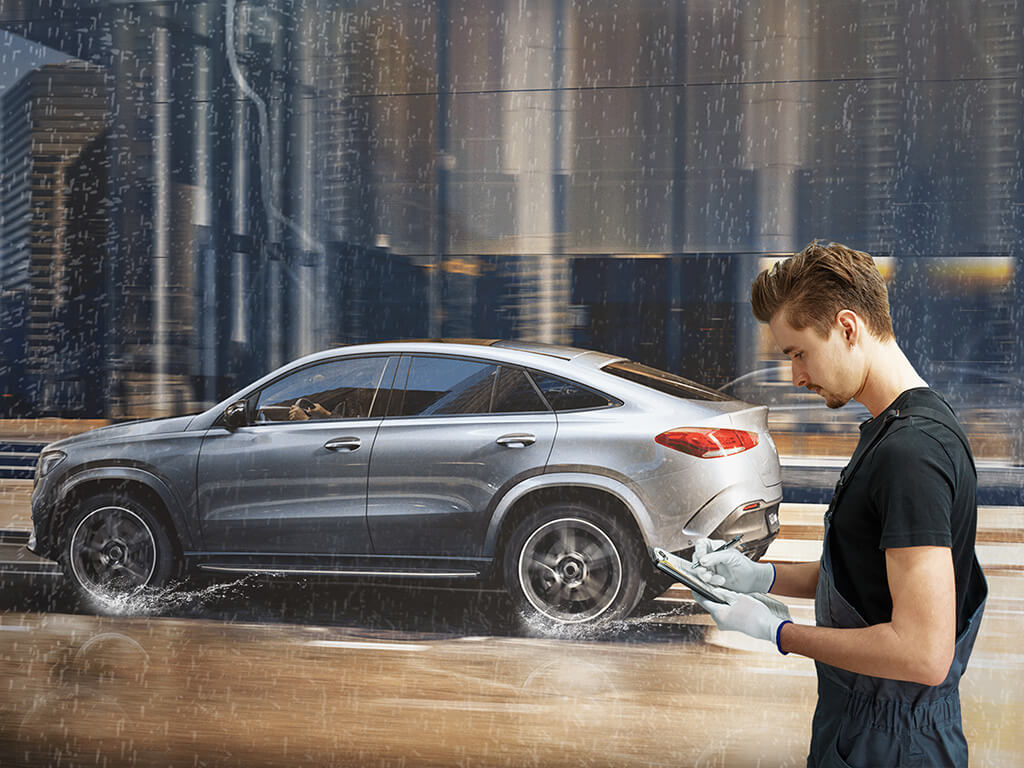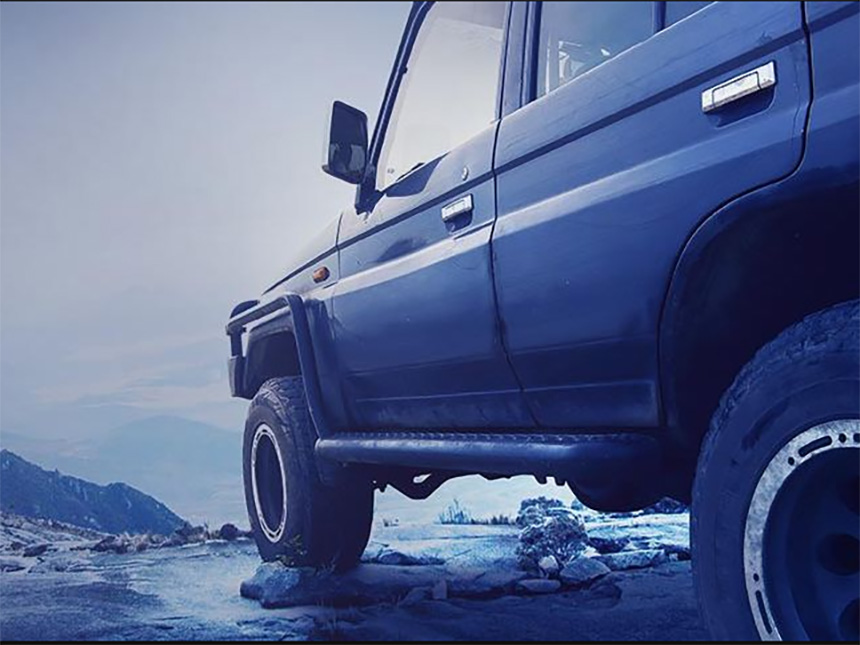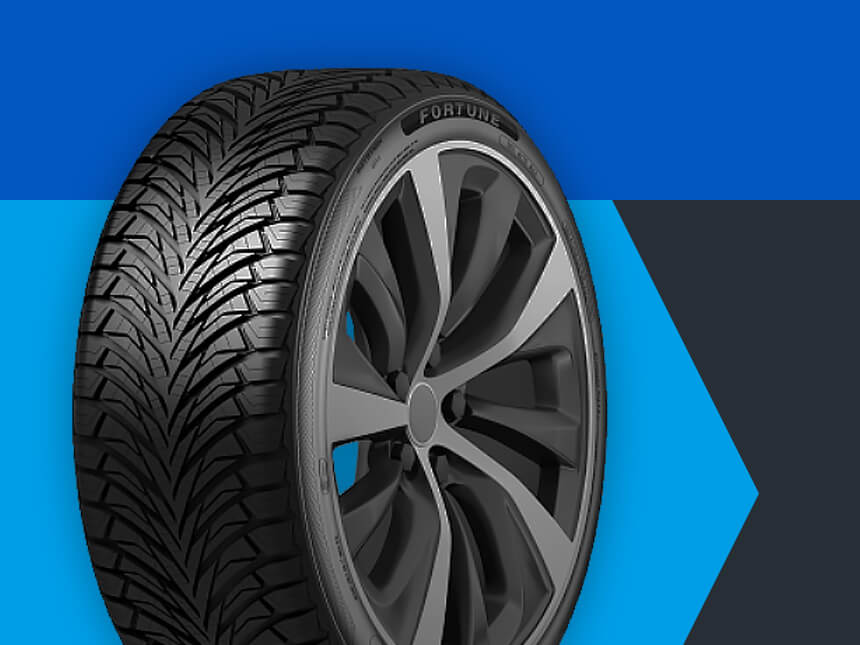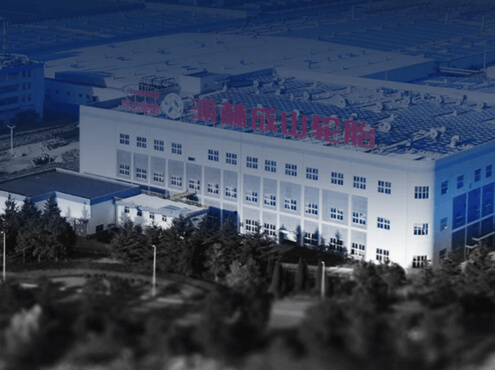
If you own a car or any other vehicle, you must understand that tire pressure is an important component of the vehicle. You must check your tire pressure every two weeks if it's something you are not doing already. This is mandatory to ensure maximum grip and traction no matter the terrain. You also get a lot more mileage for the fuel this way.
Read on to find out the normal tire pressure for SUV and how to monitor the pressure.
What is the normal tire pressure for an SUV?
The primary question that we must answer is what is the ideal tire pressure for SUV? There is no universal specification for the bars your SUV must have. However, over time, people have developed a standard bar to ensure the proper functioning of the car. 2,4 bar is ideal if your SUV has a low load.
There are a few factors that need to be considered while adjusting the air pressure of your SUV. If you drive your SUV or CUV primarily on asphalt roads and the vehicle does not carry anything very heavy, or you do not drive the car for a very long time, there are two places you can check what the SUV tire pressure should be:
● The door frames are on both sides of the passenger and the driver.
● The door of the fuel filler.
However, in the event that you are going on a long trip or carrying a heavy load, you must refer to the manufacturer’s handbook provided with the vehicle. The ideal tire pressure for SUV, both the front and rear tires, will be mentioned in the handbook.
The ideal pressure for four-wheel drive (4WD) tires:
The ideal tire pressure for four-wheel drive tires is also mentioned in the manufacturer’s handbook, the fuel filler door, and the passenger and driver door frames. However, when off-roading, it is best to reduce tire pressure. Uneven terrains lead to a lot of bouncing but lowering the pressure tends to lessen this. The tire contact area is also increased this way.
Tire pressure monitoring system:
Most SUVs made in 2008 or later will include a tire pressure monitoring system (TPMS). These are already required in many nations, and the majority of new automobiles ship with them already installed. When tire pressure is dangerously low, the sensors continuously monitor SUV tire pressure and alert you with a dashboard indicator.
The pressure of each tire needs to be checked when the TPMS light comes on. Although only one may require air, it's crucial to conduct a complete examination. If you're using a spare tire and the car can't find the sensor on the original wheel because you're using a spare, the TPMS light will also blink. If you've looked over all the tires and can't discover any issues, the TPMS system may be broken.
Even while the TPMS system is an excellent tool to alert you to a puncture, it is still your job to inspect your tires and be aware of their condition so you can take action before problems like uneven wear or dangerously low tread arise.
Tips to ensure normal tire pressure for an SUV:
As a general rule, check your tire pressure every two weeks, before a lengthy trip, and when you're hauling a hefty load. Here are a few tips for the same:
● Be certain that your tires are cold- If you check the pressure first thing in the morning, before they've been used or exposed to too much sunshine, you'll obtain a more accurate reading.
● Always refer to the manual- When in doubt, consult the owner's manual that came with the car. It will outline the minimum air pressure that cold tires must have to support your car.
● Use an air compressor and a trustworthy gauge- One is available for purchase from an auto store or is available at gas stations without charge.
● Properly check the pressure- Once the hissing sound of air escaping stops, place the gauge onto the valve stem and apply pressure firmly. The gauge will display a reading of the pressure; confirm that it is per the manufacturer's advice. Push the valve to release air if it's too high. Attach the air compressor to the valve and fill the tire with air until it reaches the acceptable level if the air pressure is too low.
Summing up:
No vehicle can function to its optimal capacity without properly working tires. Checking and ensuring the ideal tire pressure for SUV is your responsibility. We have helped out with several guidelines that you can follow to do it. Have a safe ride!
Categories:Tire Stories





